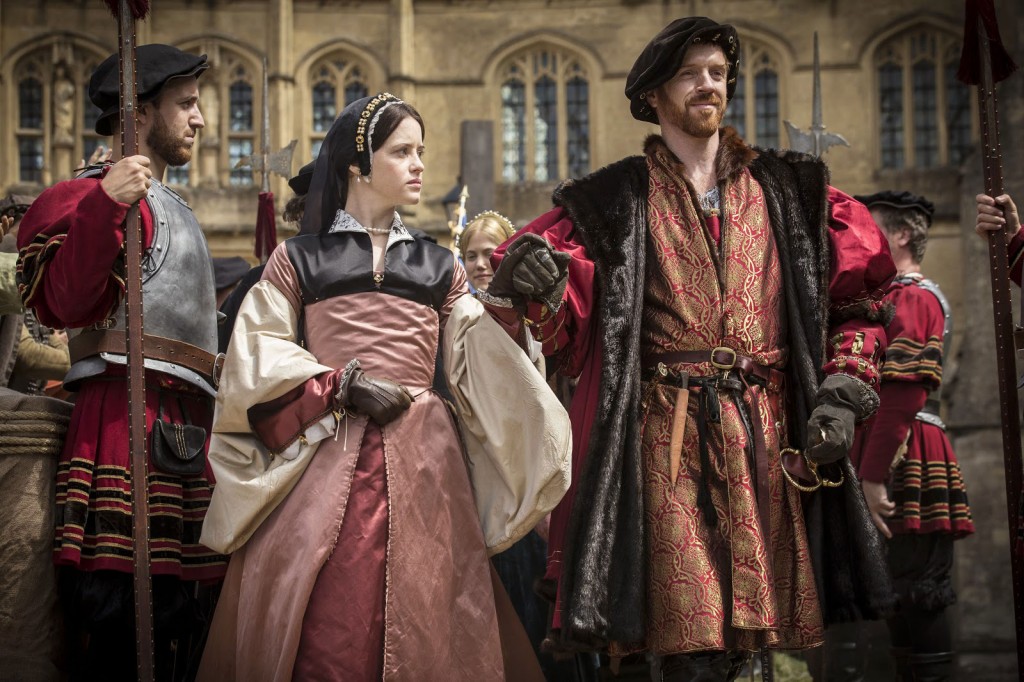
The British prestige drama is an old breed, and “Wolf Hall” can count itself as a proud member of the pride.
The miniseries, set in 1520s England, surrounds King Henry VIII’s strained marriage with Catherine of Aragon. Catherine is barren, leaving Henry without an heir, and he’s been enamored with Anne Boleyn anyway. But to be with Boleyn, he’d need to divorce Catherine, a no-no according to the Catholic Church.
Thomas Cromwell, Henry’s chief adviser, is our main character. He wanted to wait for the Pope to approve of the annulment of Henry and Catherine’s marriage, but the Pope wouldn’t. So Henry divorced the Church of England and the Roman Catholic Church, and with that, his own marriage. Cromwell is the political mastermind behind the breakaway, the Reformation. Wolf Hall — or Wulfhall — is the British manor where most of this all takes place.
The novel “Wolf Hall” and its sequel “Bringing Up the Bodies,” made Hilary Mantel, their author, the most acclaimed author in England. She won the Man Booker Prize — Britain’s highest literary award — for each of them and is set to finish the final book in the trilogy later this year. For one reason or another, these historical novels about events half a millennium removed from our time have become a critical and commercial phenomenon.
Why care about history dramatized? There are no obvious contemporary parallels in the politics of “Wolf Hall”; it’s not a big metaphor for the war against ISIS or anything. Yeah, we enter one of the more fascinating chapters of how England came to be England, but no one watches dramas for the history lesson. Yet somehow, it’s compelling on its own. The story’s appeal goes back to those rich Shakespearean themes, evident throughout the story: allegiances held or broken, lovers withheld or joined, destiny achieved or dashed.
Religion in the show is merely a component of the politics. In the first two episodes at least — the show airs on Sundays at 10 p.m. on PBS — deep convictions are created from positions in religious organizations, but no one invokes God in the divorce arguments, the crux of political events. This stands in sharp contrast to “A Man for All Seasons,” the 1966 drama about Sir Thomas More, another character in this story. “Seasons” represents More as a saint who argues against Henry’s divorce. Instead of being another politician in a struggle to maintain power in his own interest — these characters are almost all inevitably male — the character is sticking to his own faith and principles.
Part of the joy in series like these is the mid-millennium decorations. The dark castles, the food that would look nearly alien on a plate today, the absurdly impractical costumes. The aristocracy had strange pets, too: A monkey is kept as a pet and lopes around at mealtime, and Thomas Cromwell holding a shockingly fluffy bunny and walking across the grounds, chatting with a friend, is a wonderful sight.
Real drama doesn’t just come from chains of events, it comes from the arguments between people and the consequences that follow. “Wolf Hall” doesn’t just bring life to one of the most eventful times in European history, it finds the drama in it.


